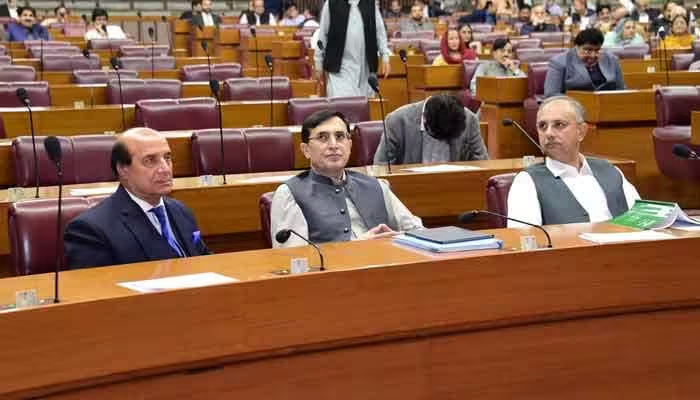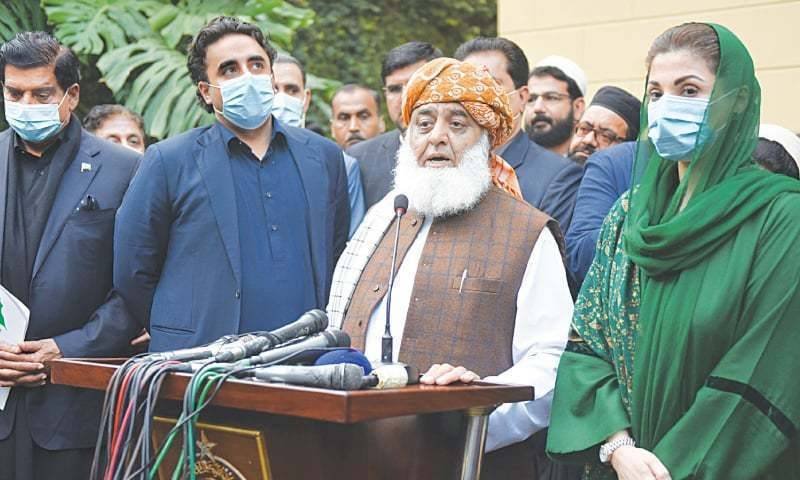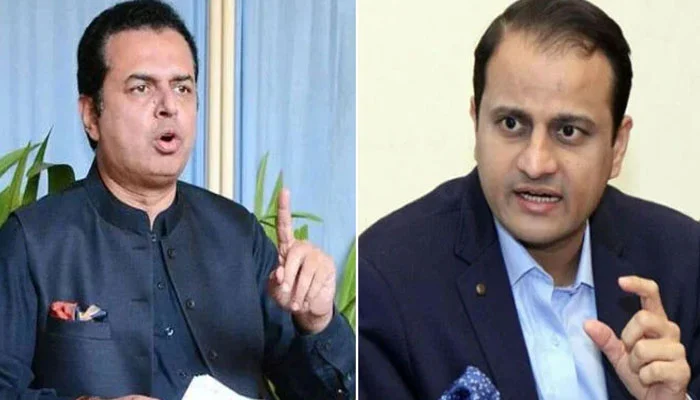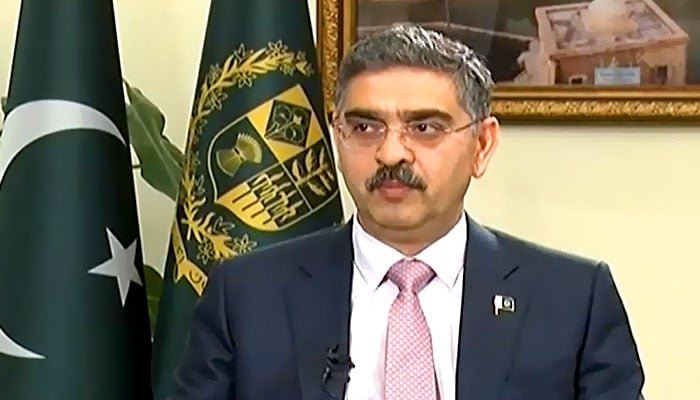The political landscape in Pakistan experienced yet another dramatic turn of events when the Pakistan Tehreek-e-Insaf (PTI) unexpectedly announced a boycott of the 26th Constitutional Amendment referendum. This sudden shift took place on the very day the bill was set for approval, leaving political circles buzzing with speculation and raising questions about PTI’s motivations.
Background of the 26th Constitutional Amendment
The 26th Constitutional Amendment has been at the center of political discussions for weeks. A special parliamentary committee, led by Syed Khurshid Ahmad Shah, worked on building a consensus for the draft of the amendment, which required the support of key political parties, including the Jamiat Ulema-e-Islam-Fazl (JUI-F) led by Maulana Fazlur Rehman. Regular meetings were held, and Shah frequently engaged with Maulana Fazlur Rehman to secure his backing for the bill.
The amendment proposed key changes to the constitutional structure, prompting extensive debate and negotiations between the government and opposition parties. The passage of the amendment was seen as a critical step in shaping the future of Pakistan’s political and legal framework.
PTI’s Sudden U-Turn: A Political Shockwave
On the day of the bill’s approval, the political committee of PTI made a surprise announcement that the party would completely boycott the referendum process for the 26th Constitutional Amendment. This abrupt decision came after meetings and consultations with senior PTI leadership, catching political observers and even PTI supporters off guard.
The political committee justified its boycott by claiming that the current government lacked the legitimacy to make constitutional changes, referring to it as a “mandate-thieves government.” PTI argued that the government’s patrons were trying to impose “jungle law” on the country through constitutional amendments.
This move puzzled many, as PTI had actively participated in earlier discussions. Party members, including Barrister Gohar and Umar Ayub Khan, had attended the special parliamentary committee meetings. In addition, PTI sought consultations with Maulana Fazlur Rehman and demanded a meeting with PTI founder Imran Khan to discuss the draft of the amendment.
The Real Reason Behind the U-Turn
Political analysts suggest that PTI initially believed Maulana Fazlur Rehman would not support the government’s proposed amendment, and they assumed the bill would not be passed. PTI likely hoped to use the bill’s failure as a political opportunity to criticize the government and reinforce their narrative of incompetence.
However, a sudden shift occurred after a critical meeting between Maulana Fazlur Rehman and Pakistan People’s Party (PPP) Chairman Bilawal Bhutto Zardari. Late on Saturday night, Maulana Fazlur Rehman announced that an agreement had been reached with the government regarding the bill. This unexpected development caught PTI off guard, forcing them to reassess their strategy.
Fearing that their involvement in the amendment process could now backfire, PTI made the decision to stage a boycott. This move allowed them to avoid being associated with the bill’s success, which they initially believed would fail without JUI-F’s support. As a result, PTI swiftly withdrew from the process, announcing the boycott as a way to distance themselves from the government’s victory.
Political Reactions to PTI’s Strategy
PTI’s last-minute U-turn has drawn widespread criticism from political figures and analysts. Many view the decision as a typical PTI maneuver to avoid political embarrassment. Observers argue that PTI had no real justification for boycotting the amendment at such a late stage, especially after participating in several committee meetings and engaging in consultations with key political figures.
ANP leader Senator Muhammad Wali Khan, during a session in the Senate, took Barrister Ali Zafar to task over PTI’s inconsistent approach. He questioned why PTI had remained involved in the parliamentary discussions if they did not believe in the legitimacy of the process. Senator Wali Khan’s pointed criticism reflects the broader sentiment that PTI’s actions were more about political posturing than genuine concerns over the amendment.
Political commentators have also remarked that PTI’s leadership underestimated the potential for a deal between the government and Maulana Fazlur Rehman. By relying on the assumption that JUI-F would oppose the bill, PTI set themselves up for a political misstep when the agreement was reached.
PTI’s Miscalculation and Future Implications
The miscalculation by PTI could have long-term implications for their political credibility. While the boycott may have allowed them to avoid short-term embarrassment, their inconsistent approach to the 26th Amendment has drawn negative attention. Critics argue that PTI’s leadership, including Imran Khan, failed to anticipate the fluidity of political alliances and made a hasty decision based on faulty assumptions.
Moving forward, PTI’s leadership will need to reassess their strategies when it comes to navigating complex political negotiations. Their U-turn on the 26th Constitutional Amendment has shown that quick decisions based on political convenience can backfire when the situation evolves unexpectedly.
In the meantime, the government’s success in passing the amendment, with the support of JUI-F and other parties, marks a significant political win for them. PTI’s withdrawal from the process, rather than strengthening their position, has left them looking reactive and uncertain.
PTI’s sudden boycott of the 26th Constitutional Amendment has sparked intense debate and highlighted the party’s strategic missteps. What began as an attempt to distance themselves from the government’s legislative success has instead raised questions about PTI’s political decision-making. As the dust settles, PTI must contend with the repercussions of their actions, while the government moves forward with the newly passed constitutional amendment.



